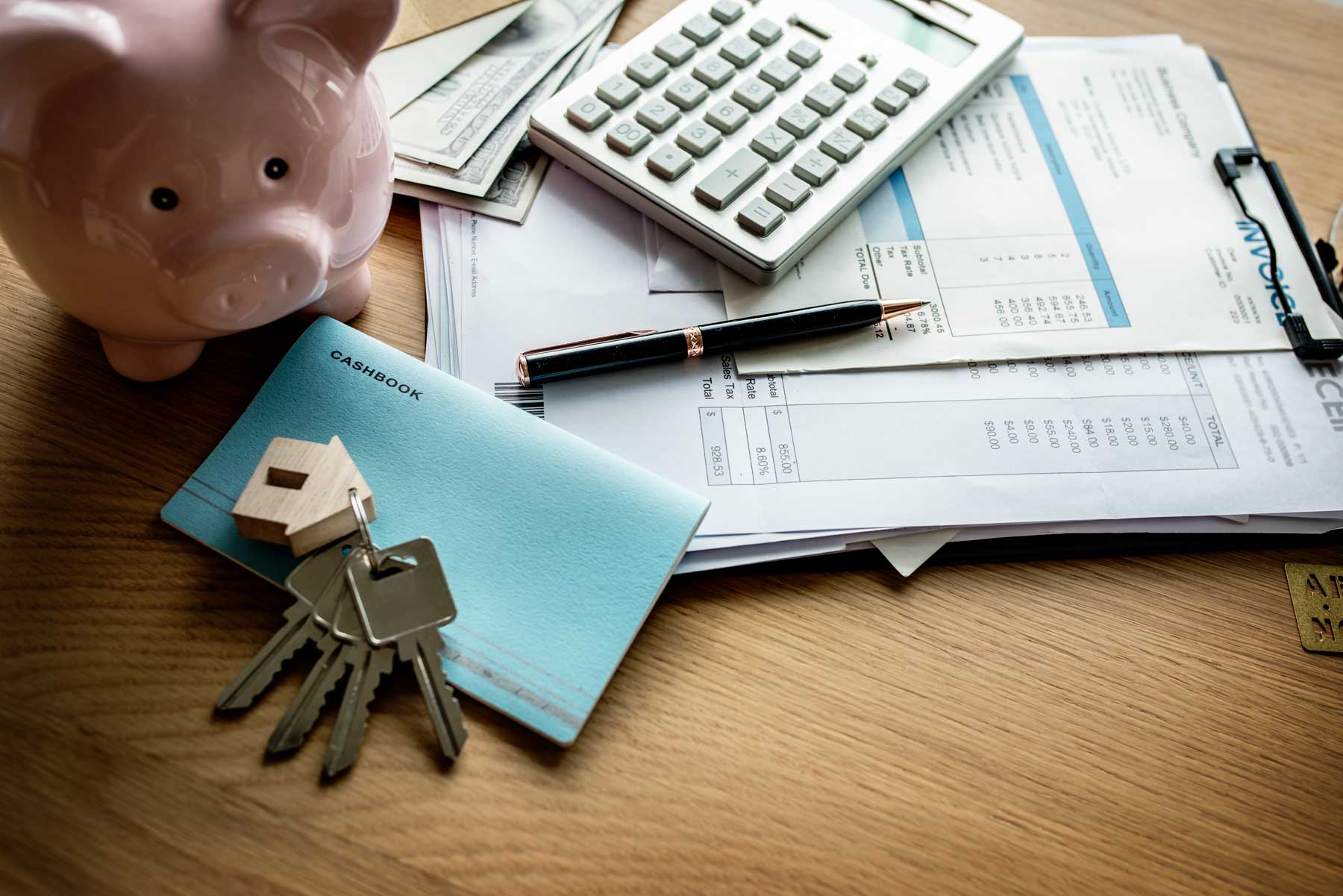Mortgage lenders check your credit at the beginning of the approval process, and they also pull your credit again right before closing. If the second credit check comes back the same as the first, the closing should stay on schedule.

However, if the second credit check comes back lower than the first, or raises some concerns to the lender, this could delay closing. The mortgage lender may need to send your application back to an underwriter for a second review.
If there are major concerns raised by a change in your credit score, this can cause you to lose the loan. It’s crucial not to mess with your credit during the application process.
There are many changes that can harm your credit before closing.
Here are some things to avoid:
- Being late on a payment and sent to collections
- Acquiring a new loan or line of credit
- Closing an existing loan or line of credit
- Making a large purchase, especially on your credit card
- Opening a new credit card account, or closing an existing credit card account
- Taking out a personal loan
If at the first credit check, your score was already on the lower end, then it’s especially important not to mess with your credit before closing.
Mortgage lenders look at your credit to determine any risks or uncertainties that may prevent you from paying your bills. Sudden changes can mean major red flags that harm your eligibility for a home loan.
All in all, you need to do everything in your power to keep your household finances stable throughout the closing process. Any changes in income, debt or spending habits can negatively affect the closing process and become a roadblock between you and your dream home.
Original post here: What Happens If My Credit Changes Before Closing?

No comments:
Post a Comment